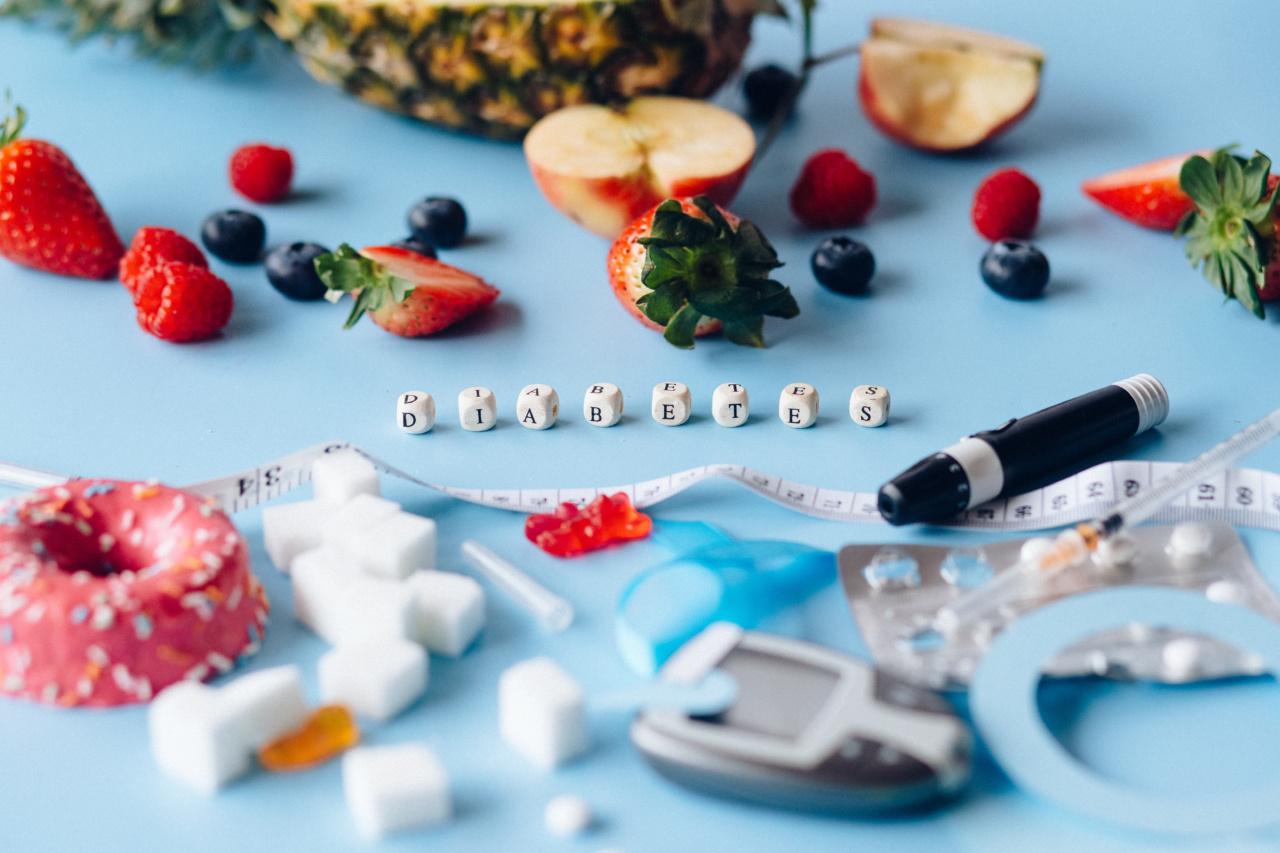Vitamins play a crucial role in maintaining our overall health and well-being. They are essential for various bodily functions, including blood clotting. Two important vitamins that contribute to blood clotting are Vitamin K and Vitamin D.
Deficiencies in these vitamins can lead to blood clotting problems, which can have serious implications for our health. In this article, we will explore the connection between Vitamin K and Vitamin D deficiencies and blood clotting problems.
The Importance of Vitamin K in Blood Clotting
Vitamin K is a fat-soluble vitamin that plays a significant role in blood clotting. It is responsible for activating certain proteins that are involved in the clotting process.
When you have a wound or an injury that causes bleeding, these proteins help form a clot to stop the bleeding. Vitamin K deficiency can impair this clotting process and result in prolonged bleeding or easy bruising.
Causes of Vitamin K Deficiency
Vitamin K deficiency can occur due to a variety of reasons, including:.
- Poor dietary intake: Not consuming enough foods rich in Vitamin K, such as leafy green vegetables, broccoli, Brussels sprouts, and cabbage.
- Malabsorption issues: Certain medical conditions, such as celiac disease or inflammatory bowel disease, can affect the absorption of Vitamin K from the diet.
- Antibiotic use: Prolonged use of antibiotics can disrupt the natural gut bacteria that produce Vitamin K.
- Liver disease: The liver is responsible for producing certain proteins involved in clotting, and liver disease can impair this function.
Vitamin D and Blood Clotting
Vitamin D is another essential vitamin that influences blood clotting. It plays a role in regulating calcium levels in the body, which is crucial for proper blood clot formation.
Vitamin D deficiency can disrupt this balance and lead to abnormal clotting.
Causes of Vitamin D Deficiency
Vitamin D deficiency is prevalent worldwide and can occur due to several factors, including:.
- Inadequate sun exposure: Vitamin D is produced in the skin when exposed to sunlight. Limited sun exposure, especially in regions with less sunlight, can result in Vitamin D deficiency.
- Dietary deficiencies: Foods naturally rich in Vitamin D include fatty fish, fortified dairy products, and egg yolks. A diet lacking in these foods can contribute to deficiency.
- Malabsorption issues: Certain medical conditions like Crohn’s disease or cystic fibrosis can impair the absorption of Vitamin D from the diet.
- Obesity: Vitamin D is stored in fat cells, and individuals with excess body fat may have lower levels of circulating Vitamin D.
The Link between Vitamin K and Vitamin D Deficiencies and Blood Clotting Problems
Both Vitamin K and Vitamin D are involved in different stages of the blood clotting process. Deficiencies in these vitamins can disrupt the balance and coordination required for efficient clotting, leading to various clotting problems.
When both vitamins are deficient, it can significantly affect the clotting cascade and increase the risk of abnormal clot formation or bleeding disorders.
Symptoms and Complications of Blood Clotting Problems
Blood clotting problems resulting from Vitamin K and Vitamin D deficiencies can manifest in various ways:.
- Prolonged bleeding: Even minor wounds or cuts can result in prolonged bleeding.
- Easy bruising: The skin becomes more prone to bruising even without significant impact or injury.
- Excessive clotting: On the flip side, abnormal clotting can lead to conditions like deep vein thrombosis (DVT) or pulmonary embolism.
- Heavy menstrual bleeding: Women may experience heavy, prolonged periods due to impaired blood clotting.
If left untreated, blood clotting problems can lead to severe complications, such as strokes, heart attacks, or organ damage.
Prevention and Treatment
The best way to prevent blood clotting problems associated with Vitamin K and Vitamin D deficiencies is to ensure an adequate intake of these vitamins through a balanced diet and proper sun exposure.
Include Vitamin K-rich foods in your diet, such as leafy greens, broccoli, and cabbage. If you have a medical condition affecting Vitamin K absorption, speak to your healthcare provider about supplementation.
To improve Vitamin D levels, spend time outdoors and expose your skin to sunlight. Additionally, consume Vitamin D-rich foods like fatty fish, fortified dairy products, and egg yolks. If necessary, your doctor may recommend a Vitamin D supplement.
If you suspect a deficiency or experience symptoms of blood clotting problems, seek medical advice. Your healthcare provider can perform tests and recommend appropriate treatment, which may include supplementation or specific clotting medications.
Conclusion
Vitamin K and Vitamin D deficiencies can have a significant impact on blood clotting, leading to problems like prolonged bleeding, abnormal clotting, and easy bruising.
It is important to maintain adequate levels of these vitamins through a balanced diet, sun exposure, and potentially supplementation if needed. Regular check-ups and seeking medical advice when experiencing symptoms can help diagnose and address blood clotting problems effectively, preventing potential complications.































